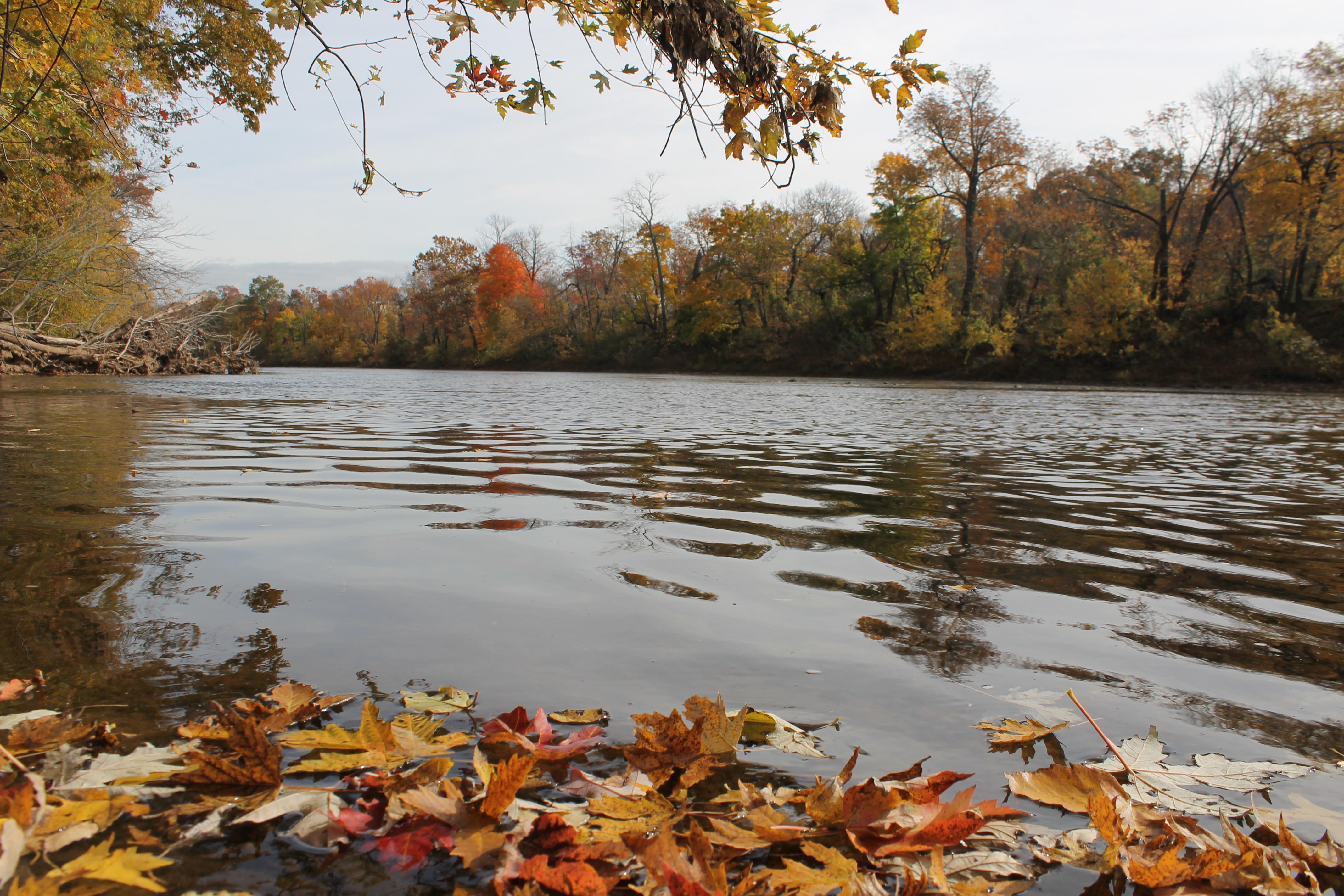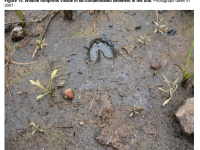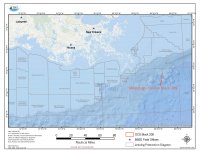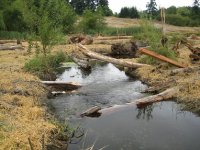Trustees Seek Public Comment on a Draft Restoration Plan for the American Cyanamid Site in New Jersey
May 22, 2023
NOAA and other federal, state, and tribal natural resource Trustees are seeking public comment on a Draft Restoration Plan/Environmental Assessment (PDF, 49 pages) for the American Cyanamid site in Bridgewater, New Jersey.
The Draft Plan describes the actions the Trustees have taken to determine appropriate compensation to the public for potential injuries to natural resources from releases of hazardous wastes at the site. The Draft Restoration Plan and Environmental Assessment (RP/EA) focuses on floodplain, wetland, and river bank injuries that were not addressed by a previous legal settlement that selected compensation for in-river injuries.
The Draft RP/EA outlines the proposed restoration of floodplain, river bank, and wetland areas to compensate for potential injuries to natural resources from releases of hazardous substances at or near the American Cyanamid site.
Additionally, the plan provides:
- The history of operations and pollution releases at the site
- A summary of the remedial actions taken to date at the site, and the natural resources injured as a result of the contamination
- The types of recreational uses affected
- The development of goals, objectives, and criteria for restoration
-
The assessment of potential impacts resulting from actions that would compensate the public
Site History and Remedial Cleanup
The American Cyanamid site includes a 435-acre former industrial facility and adjacent areas that were contaminated as a result of releases of hazardous substances from the facility in Bridgewater, New Jersey. From 1915 through 1999, the site was used for coal tar distillation and manufacturing of various products, including pharmaceuticals, rubber chemicals, dyes, resins, and acids.
The site was placed on the EPA’s National Priorities List in 1983. Direct discharge to the Raritan River ended in 1985, and manufacturing at the facility ended in 1999.
A major concern to the Trustees is contamination to surface water, wetlands, floodplains, and river bank areas of the site. The most concerning contaminants to NOAA are heavy metals and semi-volatiles, including polycyclic aromatic hydrocarbons (PAHs) and polychlorinated biphenyls (PCBs), which are often found in high concentrations in fish, causing potential loss of recreational fishing opportunities, consumption warnings, and fishing advisories in the Raritan River and State of New Jersey.
Recent Developments
In February 2017, federal and state Trustees reached a settlement with Wyeth Holdings, LLC. Trustees include NOAA, U.S. Fish and Wildlife Service, and the State of New Jersey. New Jersey also brought separate claims for groundwater injury under State environmental law. The 2017 Consent Decree required Wyeth to undertake restoration work, with Trustee oversight. The settlement also addressed past costs incurred by the Trustees. This restoration work is now complete.
Through this 2023 action, the Trustees now seek to provide restoration to floodplains, river bank areas, and wetlands.The Draft RP/EA proposes to restore injured natural resources and natural resource services at the Duke Farms Forested Floodplain and Vernal Pool Restoration. The plan proposes habitat restoration, public outreach and education components, as well as environmental justice benefits.
The draft plan will be available for public review and comment through June 22, 2023 for 30 days. Upon the close of the public comment period, the Trustees will consider comments and issue a Final RP/EA, including responses to comments received.
How to Submit Comments
To submit comments on the draft assessment plan:
- Email them to Ms. Jillian Stark at jillian_r_stark@fws.gov
- Or mail them to:
Ms. Jillian Stark
U.S. Fish & Wildlife Service
Fish and Wildlife Biologist
4 E. Jimmie Leeds Road, Suite 4
Galloway, NJ 08205
All comments should be submitted to the email or mailing address above before the June 22, 2023 comment deadline.






